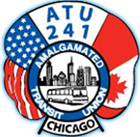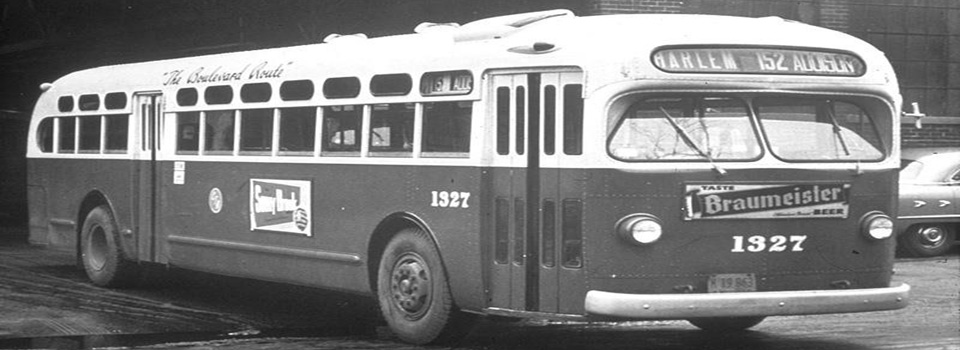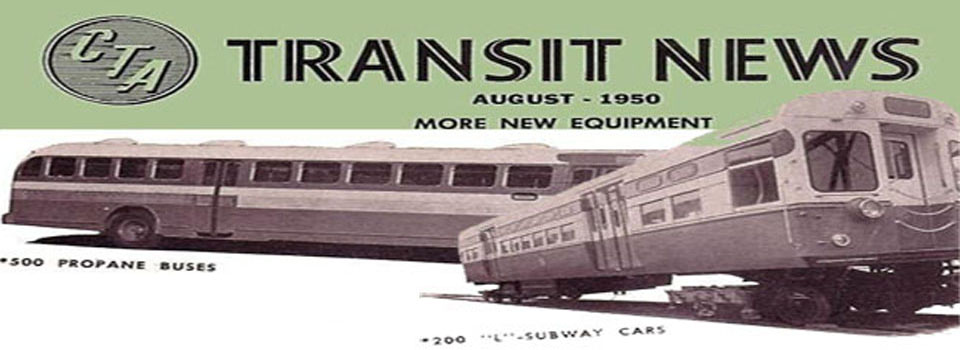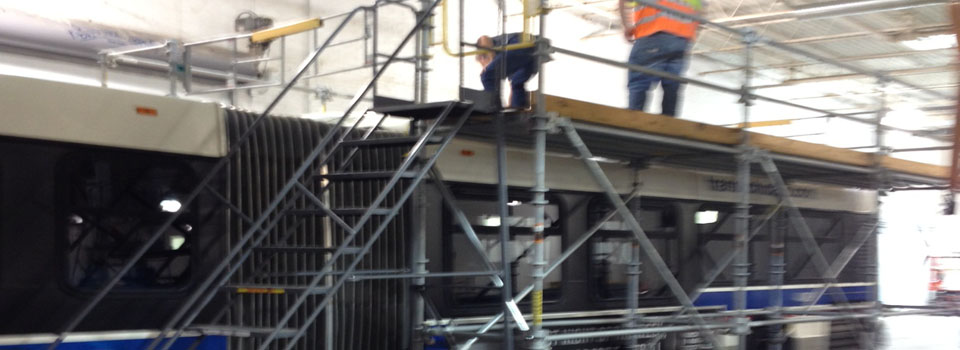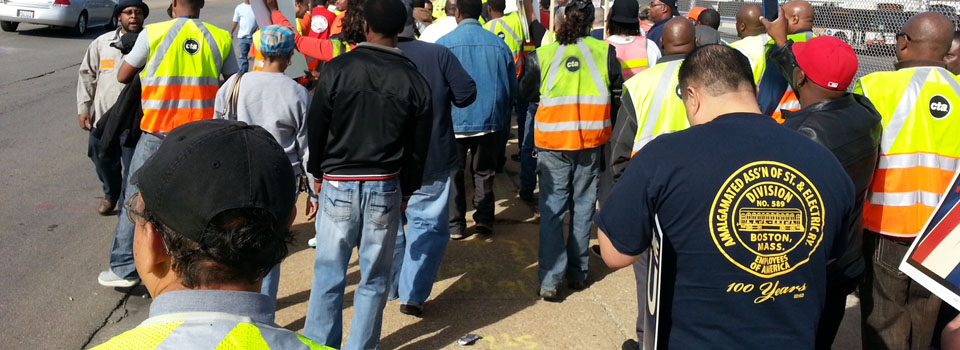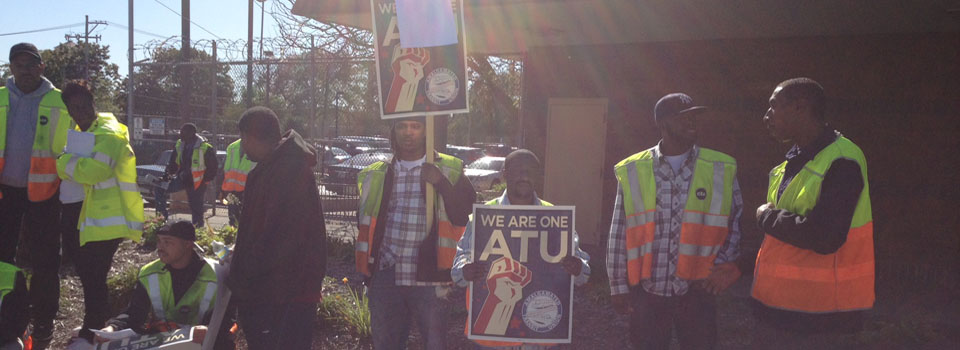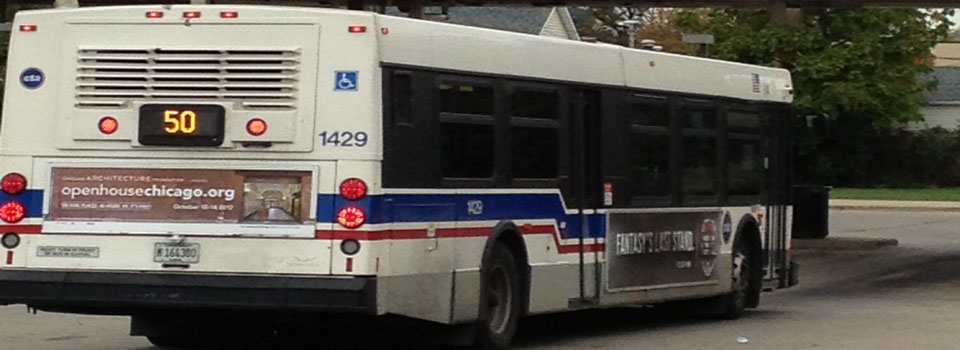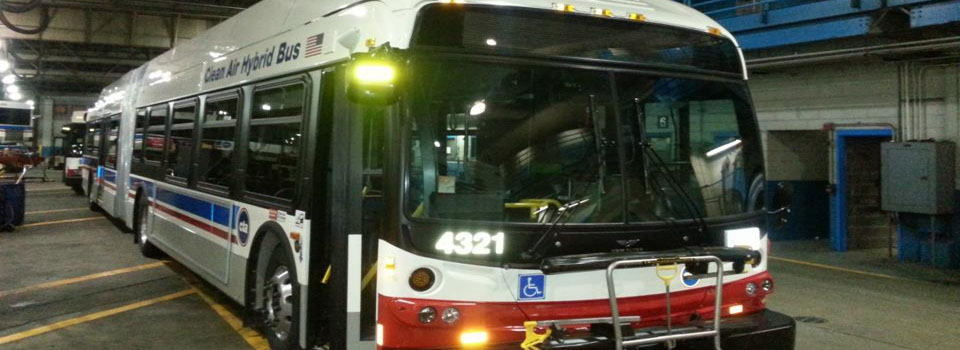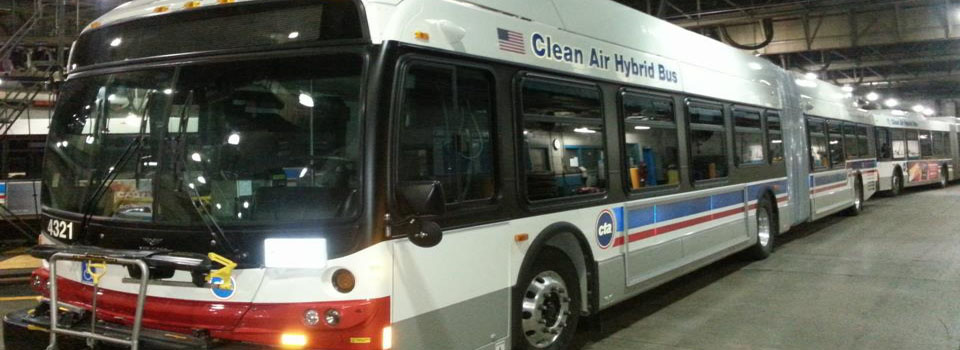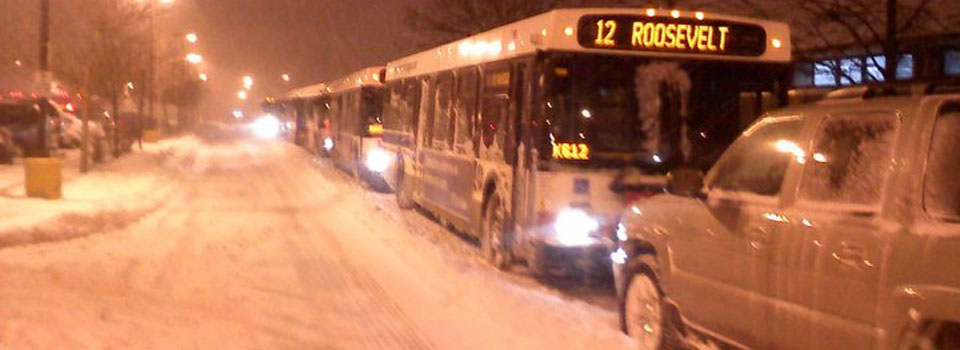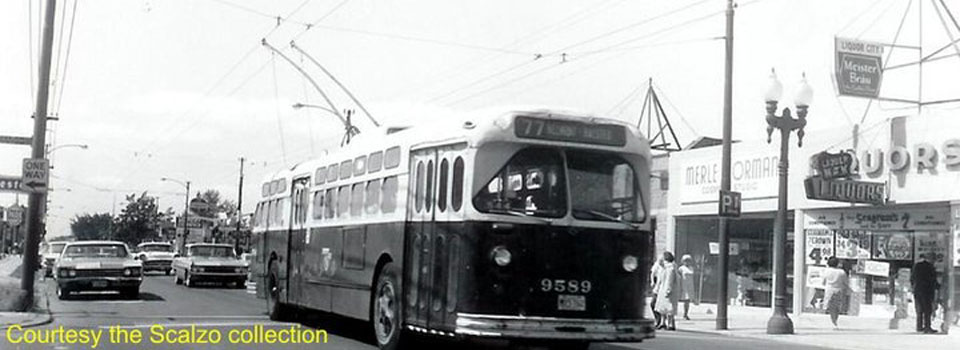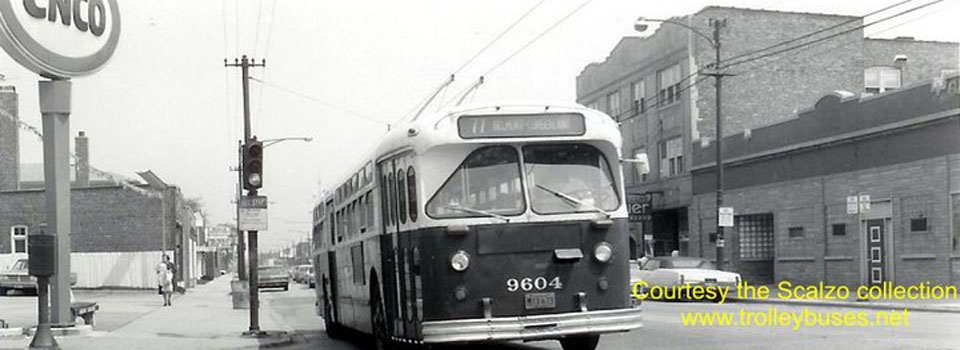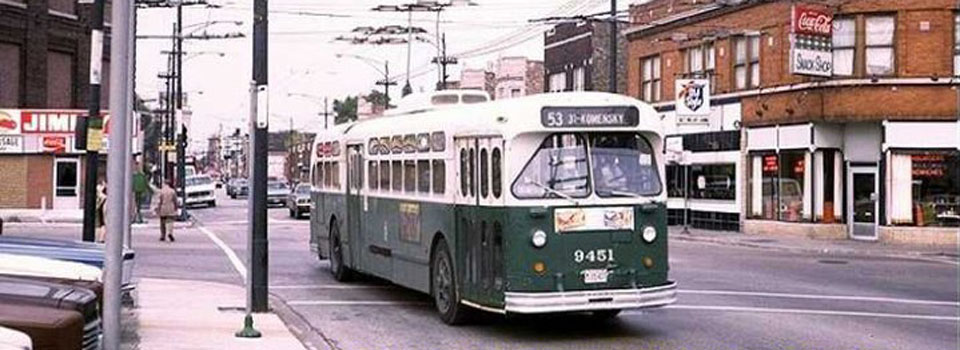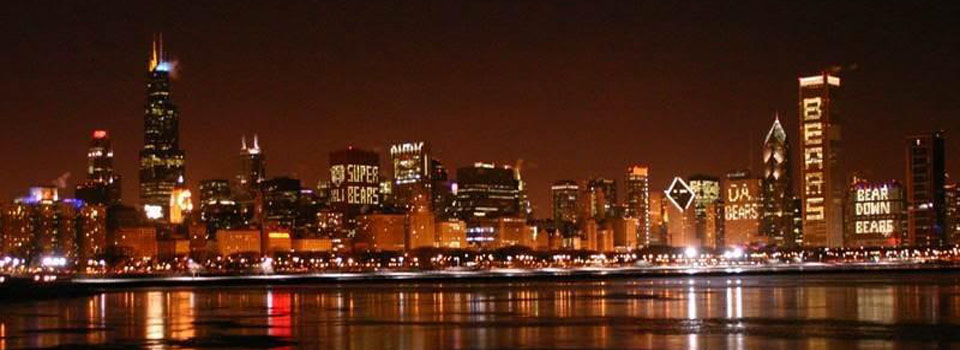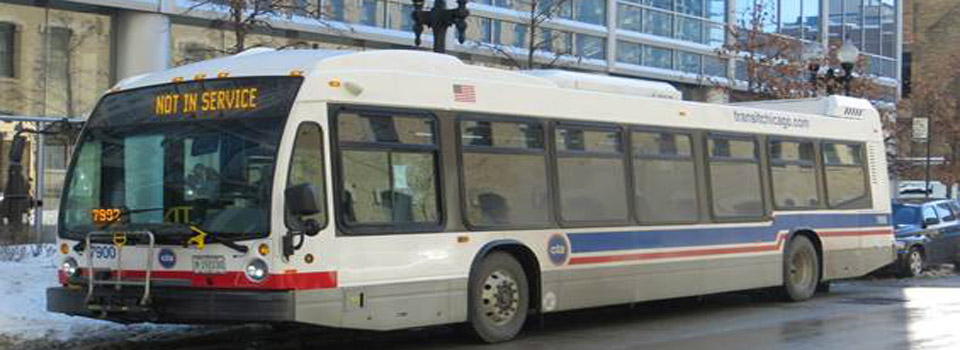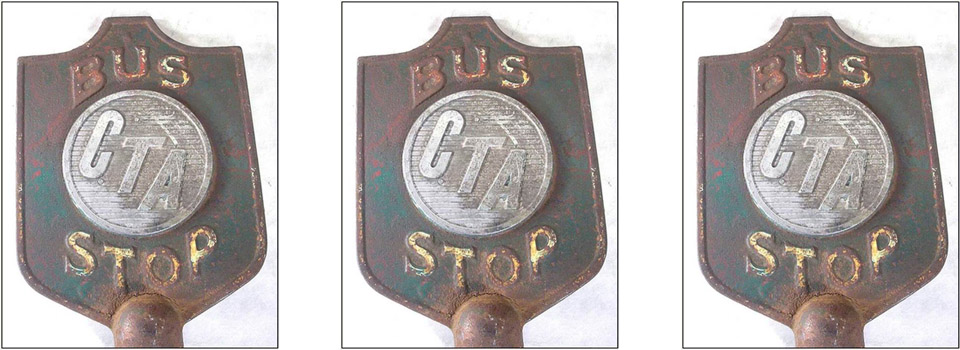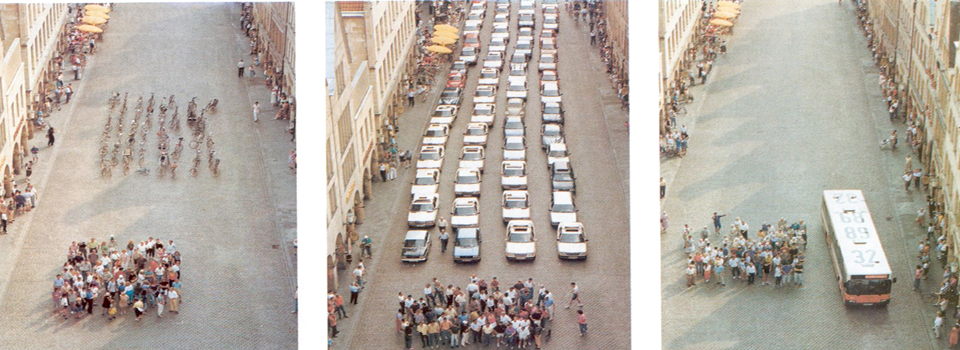|
||||||||
|
||||||||
Who Employs Our Members The following companies employ the members of ATU Local 241 CTA Facts Created in 1945, the CTA provides bus and rapid transit rail service to the city of Chicago and nearly 40 neighboring suburban communities. CTA is the nation’s second largest transportation system. CTA is an independent governmental agency created by state legislation. The CTA began operating on October 1, 1947 after it acquired the properties of The Chicago Rapid Transit Company and The Chicago Surface Lines. On October 1, 1952, CTA became CTA has approximately 2,000 buses that operate over 154 routes that cover 2,273 route miles. CTA’s 1190 rapid transit cars operate over eight routes and 222 miles of track. Pace Facts Pace was created by reform legislation in late 1983 and began operating throughout Chicago’s six county suburbs in 1984. Pace is the suburban division of the Regional Transportation Authority. (Six county area includes: Dupage, Kane, Lake, McHenry, Will & suburban Cook) Pace is governed by a 12 member board of Directors comprised of current and former suburban mayors. Pace buses operate from 11 locations including their headquarters, Fox Valley, Heritage, North, North Shore, Northwest, River South, South Holland, Southwest, & West. Pace is the premier suburban transit provider. Pace is known for quickly moving people to work and school safely and efficiently. Pace is the backbone of Chicago’s suburbs. Pace’s fresh approach to public transportation gives the agency a national reputation as an industry leader. You depend on people who depend on Pace, making Pace a vital asset in hundred of communities. RTA Facts The Regional Transportation Authority (RTA) was created in 1974 upon the approval of a referendum by the residents of six collar counties located in the northeastern In 1983, the RTA Act was amended with substantial changes made to the RTA’s organization, funding and operations. The amended RTA act create three “service boards” (the Chicago Transit Authority, or CTA, Metra commuter rail and Pace suburban bus) to handle all the transit system’s operation and fare responsibilities. The RTA’s primary responsibilities became financial and budget oversight of CTA, Metra, and Pace. The RTA also was given responsibility for regional transit planning issues. CTA, Metra, Pace are each led by a Board of Directors which determine levels of service, fares and operational policies. The CTA is governed by the Chicago Transit Board whose seven members are appointed by the Mayor of Chicago and the governor. Metra’s Board consists of seven members appointed y the regions county boards and the Mayor of Chicago. Pace is governed by a 12 member Board made of current and former suburban village presidents and mayors. The RTA is the second largest such system in North America. |
